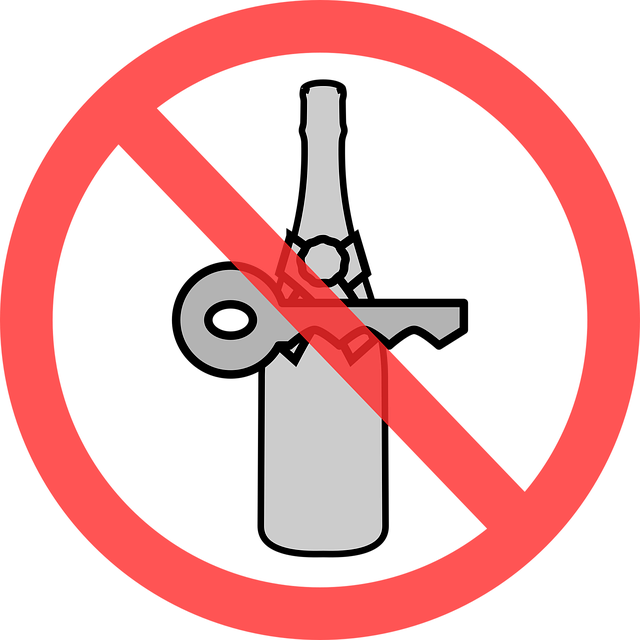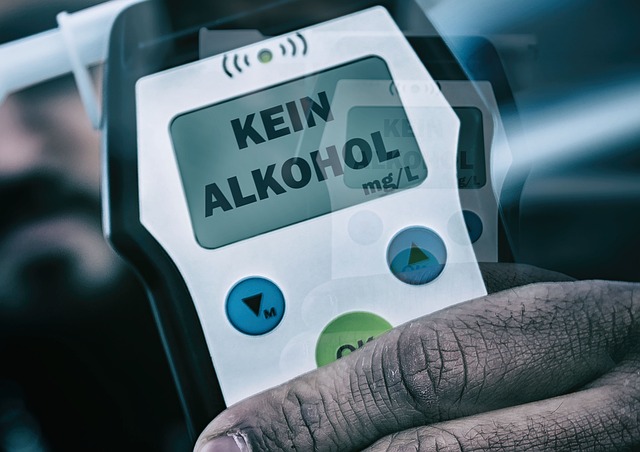Ride-sharing drivers are essential for passenger safety, adhering to strict standards set by companies and regulations. Advanced driver-assistance systems (ADAS) like collision avoidance and lane departure warnings, along with rigorous background checks, alcohol/drug testing, and zero-tolerance policies, are key. These measures enhance passenger protection, meet DUI laws, and foster public trust, ensuring a secure transportation experience while addressing legal challenges unique to the ride-sharing industry. Vehicle Safety Features and strict DUI Law enforcement are integral to maintaining high safety standards.
In today’s digital age, ride-sharing services have revolutionized transportation, but they also introduce unique challenges regarding driver accountability. This comprehensive article delves into three critical aspects of ensuring passenger safety in the ride-sharing industry. We explore vehicle safety features that safeguard riders, examine the legal implications of DUI (drunk driving) laws on drivers, and offer prevention strategies to mitigate risks. By understanding these elements, we can enhance passenger protection and maintain public trust in ride-sharing services.
- Understanding Ride-Sharing Driver Accountability: A Comprehensive Look
- Vehicle Safety Features and Their Role in Enhancing Passenger Protection
- DUI Law and Its Impact on Ride-Sharing Drivers: Legal Implications and Prevention Strategies
Understanding Ride-Sharing Driver Accountability: A Comprehensive Look

Ride-sharing drivers play a pivotal role in ensuring passenger safety, making vehicle security a top priority. Accountability in this sector involves adhering to stringent standards set by both ride-sharing companies and local regulations. One of the key aspects is implementing Vehicle Safety Features; these include advanced driver-assistance systems (ADAS) such as collision avoidance, lane departure warnings, and adaptive cruise control. Such features not only prevent accidents but also provide real-time assistance to drivers, enhancing overall safety on the roads.
Moreover, understanding and compliance with DUI (Drunk Driving Impairment) laws are essential. Ride-sharing companies have strict policies prohibiting drivers from operating under the influence. This involves rigorous background checks, random alcohol and drug testing, and a zero-tolerance approach. By integrating these measures, ride-sharing platforms ensure that their drivers maintain the highest level of accountability, providing passengers with a secure and reliable transportation experience.
Vehicle Safety Features and Their Role in Enhancing Passenger Protection

Vehicle safety features play a pivotal role in enhancing passenger protection within the context of ride-sharing services. Advanced technologies such as airbag systems, anti-lock braking mechanisms (ABS), and electronic stability control (ESC) significantly reduce the risk of accidents and mitigate potential injuries. Moreover, modern vehicles equipped with collision avoidance systems and lane departure warnings can proactively prevent crashes, ensuring safer journeys for both passengers and drivers alike.
In light of the stringent DUI laws enforced in many jurisdictions, these safety features become even more critical. By incorporating such technologies, ride-sharing companies not only comply with legal requirements but also set higher standards for passenger security. This proactive approach not only fosters public trust but also encourages a culture of accountability among drivers, ultimately contributing to a safer and more reliable ride-sharing ecosystem.
DUI Law and Its Impact on Ride-Sharing Drivers: Legal Implications and Prevention Strategies

The intersection of DUI (Driving Under the Influence) law and ride-sharing drivers presents complex challenges. These drivers, while offering crucial transportation services, face heightened legal scrutiny due to their role in ensuring passenger safety. In many jurisdictions, DUI laws extend to ride-sharing platforms, imposing strict penalties on drivers found operating under the influence. These penalties can include fines, license suspension, and even imprisonment, underscoring the severity of the issue.
Prevention strategies for DUI among ride-sharing drivers focus on several key areas, including education and training. Companies like Uber and Lyft invest in comprehensive safety programs that educate drivers about the legal ramifications of DUI, promote responsible drinking habits, and highlight the importance of vehicle safety features such as advanced driver-assistance systems (ADAS). Additionally, random alcohol testing and robust reporting mechanisms help maintain accountability, ensuring that ride-sharing drivers remain sober behind the wheel. These measures not only protect passengers but also contribute to a broader culture of safety in the ride-sharing industry.
In ensuring safe and responsible ride-sharing services, understanding both vehicle safety features and the legal implications of DUI are paramount. While advancements in Vehicle Safety Features significantly enhance passenger protection, awareness and stringent enforcement of DUI laws remain crucial to maintain public trust. By integrating these measures, we can foster a safer and more accountable ride-sharing industry.






